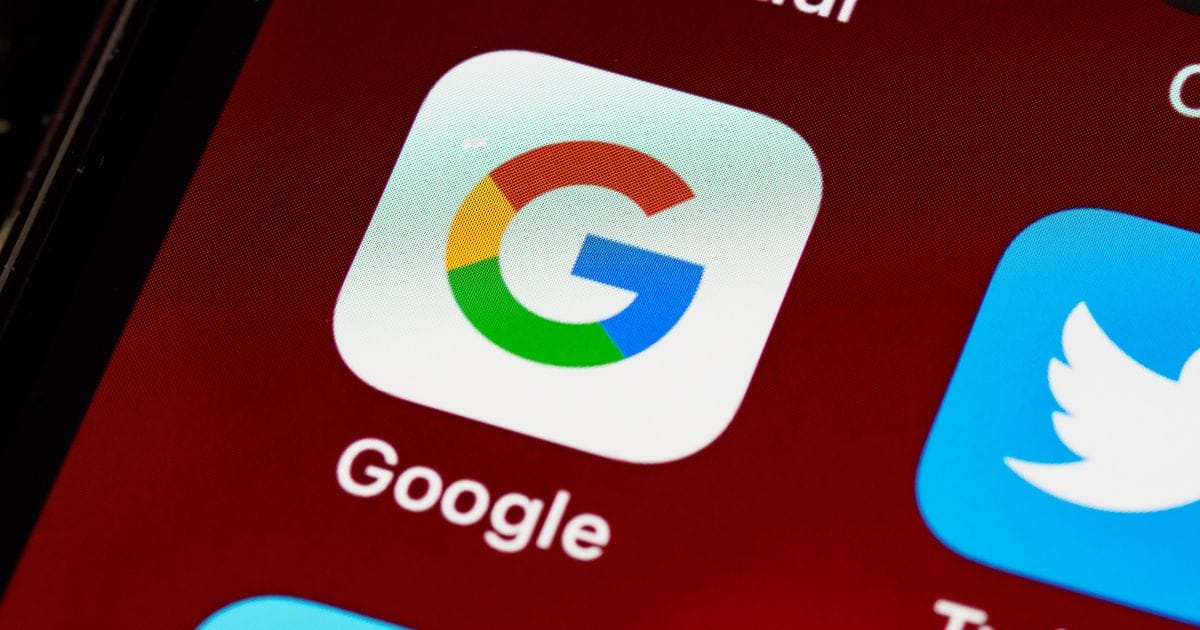An attorney for a nonprofit organization that defends civil liberties in the digital world says Illinois’ biometric privacy laws are changing the way some companies conduct business.
Google is the latest company accused of violating the state’s Biometric Information Privacy Act by using images of those who used Google photos.
More than 400,000 residents are expected to get a cut of a $100 million settlement from Google after a federal judge approved the terms.
Illinois is one of just a few states in the country that has a law requiring companies to get consumers’ consent before collecting their biometric data, and it’s seen as the toughest in the nation.
BIPA came about due to concerns over data collected by a bankrupt fingerprint-scanning company. Lawmakers worried the data gathered by Pay By Touch, which had been available in grocery stores in the Chicago area, could eventually be sold.
Companies found to have “intentionally or recklessly” violated BIPA may owe up to $5,000 for each violation and those found to have violated the law due to negligence may owe up to $1,000 per violation.
Facebook, SnapChat and TikTok have settled similar cases with Illinois residents. Last month, a class-action complaint was filed against Walmart, alleging the store’s video surveillance obtains biometric data from its customers.
Adam Schwartz, senior lawyer with the Electronic Frontier Foundation, said after several companies settled lawsuits, they are changing company policies because of the strict privacy laws in Illinois.
“In response to all of this, Facebook chose to get out of the business of taking faceprints of photos that were being uploaded into their system,” Schwartz said. “I think a lot of businesses in Illinois are becoming aware of it and they will stop collecting biometrics from people without their permission.”
Those affected by the Google lawsuit are expected to receive around $150. If there are no appeals in the case, eligible participants could receive payments within 90 days.
This article originally appeared on The Center Square






